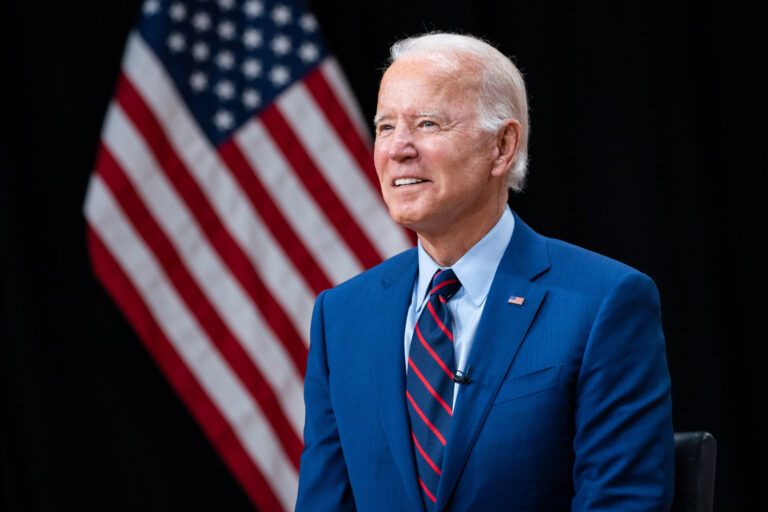The United States Trade Representative (USTR) has criticized Nigeria for imposing an import ban on 25 different product categories, which it claims are adversely impacting American exporters.
The ban comes amid escalating trade tensions globally, with the USTR listing Nigeria’s actions as one of the 10 unfair trade practices that various nations are engaging in, restricting U.S. market access.
Impact on U.S. Exporters
The USTR highlighted that Nigeria’s import ban covers a range of products, including beef, pork, poultry, fruit juices, medicaments, and spirits. These restrictions limit U.S. market opportunities, especially in sectors such as agriculture, pharmaceuticals, beverages, and consumer goods.
The USTR claims that these policies create significant trade barriers, leading to lost revenue for U.S. businesses looking to expand in the Nigerian market.
Global Context of Trade Disputes
Nigeria is not the only country facing U.S. criticism over trade practices. The USTR also called out several other nations, including India, Thailand, Kenya, Angola, Algeria, and the European Union, for imposing various trade restrictions that collectively prevent billions of dollars in potential U.S. exports.
-
India has imposed an ethanol import ban.
-
Kenya has a 50% tariff on U.S. corn.
-
The European Union has enacted new environmental compliance rules.
-
Angola has restricted import licenses for poultry and meat products.
These measures have been viewed as significant trade barriers that not only hurt U.S. businesses but also threaten job losses and the closure of U.S. businesses, ranging from farmers and manufacturers to pharmaceutical firms.
Additional Criticisms on Trade Barriers
The USTR also singled out China for its practice of mass-producing American flags, causing significant losses for U.S. manufacturers. According to the USTR, more than 100,000 Chinese-made American flags are sold each month on a single e-commerce platform, resulting in $2 million in lost sales for American manufacturers and job losses.
Similarly, the USTR criticized India for its ban on U.S. ethanol imports for fuel use and Thailand’s restrictions on fuel ethanol imports, both of which could result in an additional $414 million in U.S. exports if removed.
Strategic Context of U.S. Trade Policies
The USTR’s exposé on trade barriers coincides with growing global trade tensions, partly fueled by the U.S.’s imposition of reciprocal tariffs. Some analysts suggest that the Trump administration is using protectionist policies as a means to shield American industries from foreign competition while pressuring trading partners to adjust market access policies in favor of U.S. exporters.
Though Nigeria has not publicly responded to the USTR’s statements, it has previously defended its import bans as essential for protecting local industries and stabilizing its foreign exchange reserves.
The U.S. trade organization’s criticisms underscore the ongoing challenges and complexities in global trade relations, highlighting the tensions between protecting local industries and maintaining access to global market

